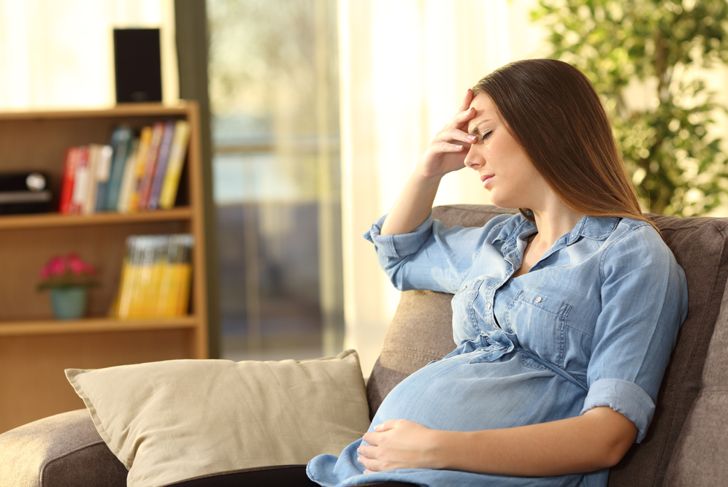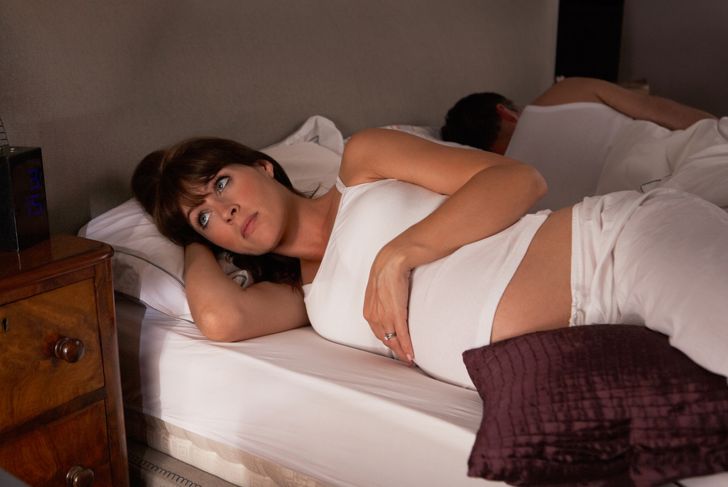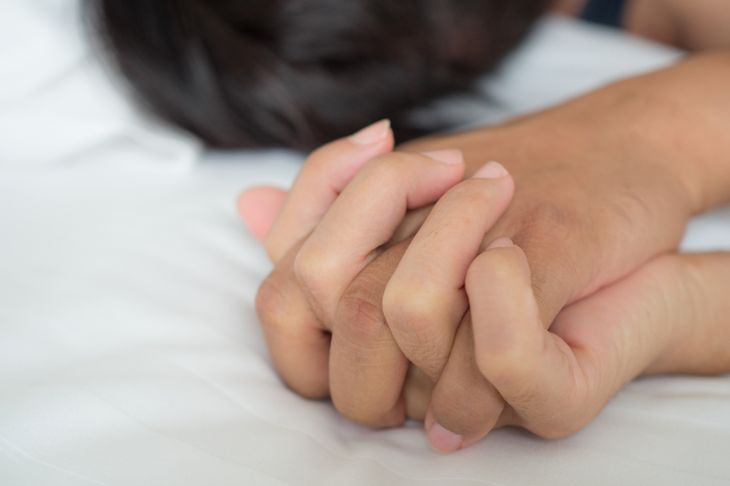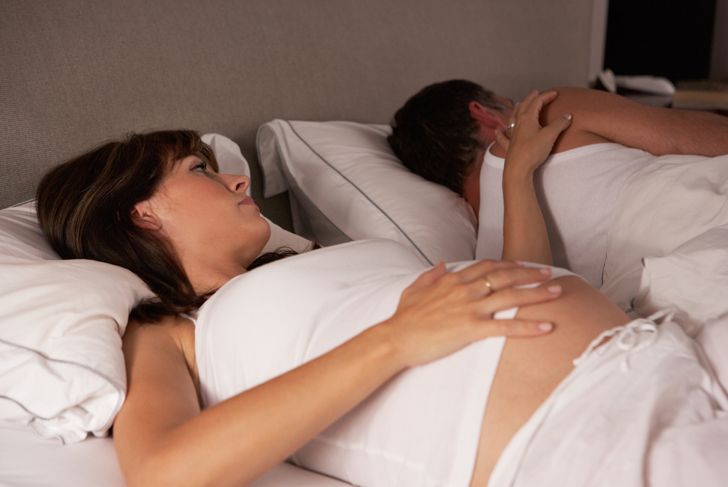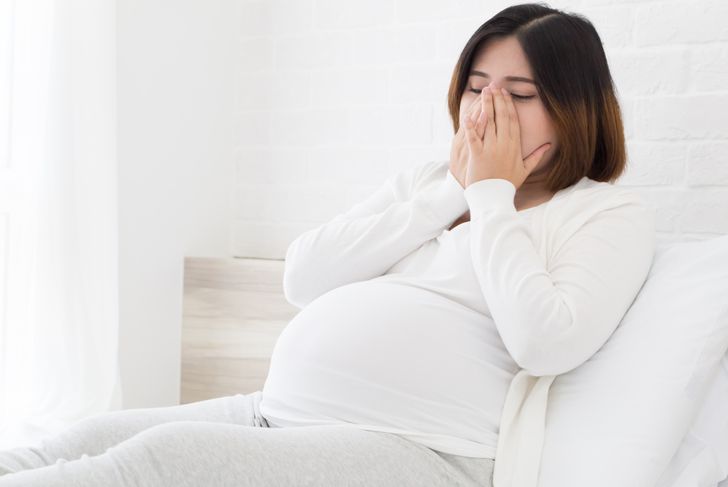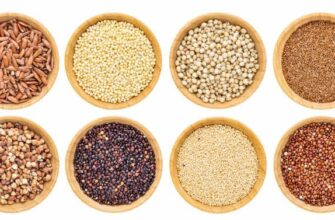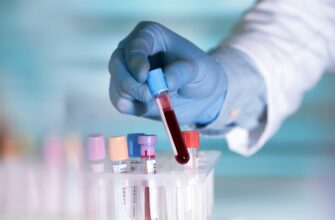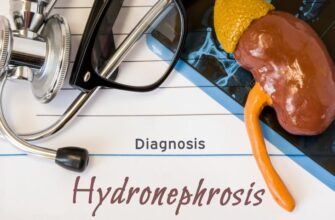Being pregnant is supposed to be the happiest nine months of your life. Often, it is. However, with that immense amount of happiness comes a lot of responsibility. You have to pay attention to your diet, the way of life and general treatment of your own body. Nevertheless, there are things that you can’t prevent. One of such pregnancy occurrences is Braxton Hicks contractions. Many future mothers hear this medical term being thrown around, but don’t know what it means. It’s high time we clarified what it signifies. Braxton Hicks contractions are what we usually call false labor. They are sporadic contractions of the uterus. Most often, they start around the second trimester of every pregnancy. What is their purpose, anyway? Braxton Hicks contractions are the body’s natural way of preparing for childbirth. By contracting the uterine muscles, your body practices for delivery. Most expecting mother never sees them coming and get scared when they happen. Because the contractions are so realistic, women think that it is about to deliver.
Stress
Of course, thinking you may deliver prematurely is a worrying occurrence. This may lead to periods of stressing out and being paranoid about your health. It doesn’t have to be this way. If you feel any sort of contractions doesn’t hesitate to visit your doctors. Many women assume that they doctors will judge them for coming when nothing is really wrong. This isn’t true, as it is the doctor’s job to dispel false assumption about health. Ask for a checkup and listen to your gynecologist as he explains the contractions to you. You should feel much better.
Pain within the stomach
Because you’re not used to activity in this area of the body, you may feel slight pain. According to a study, about 26% of all mothers experience pain stronger than what’s normal. This may cause scares of miscarriage or even a premature birth. The best way to alleviate this is to breathe slowly and wait for the contractions to stop. It lasts for few minutes tops and doesn’t appear so frequently. You can also check the way your body behaves and get to know the feeling of a uterus contraction.
Muscle spasms
Sometimes, uterus contractions may spread on to the adjacent area. That area is almost always the muscular layer that covers the abdomen. Because of this, the muscles may start to follow suit and experience spasms. There isn’t a reason to worry, as both the spasms and contractions go away easily. The best treatment for this is hydrating. Your best choices are water and low-carb sports drinks. Electrolytes in sports drinks do an excellent job of restoring muscle control. If hydration doesn’t work, try massaging the affected area.
The urge to go to the bathroom
The uterus is in the vicinity of your bladder. Because some contractions may be a little bit extreme, your bladder might feel them. Due to pressure on the bladder, your body might interpret that as an urge to go to the bathroom. This isn’t an often symptom, but many future mothers experience this. The best move, in this case, is waiting for the contraction to go away. Patience is the treatment in this case. If you wait out a minute or two, you will see whether you have to go to the toilet or not. Sometimes, a little will to wait may make all the difference in the world.
Nausea
Keep in mind that this symptom only applies to those who have a history of stomach sensitivity. Many expecting women never experience this occurrence. So, it can be said that it depends on your previous history with the esophagus. Pregnant women with a slow metabolism are somehow more prone to this occurrence. Although there is no medicine to prevent nausea in these cases, there are ways to battle it. The best way to ease the contraction period is by eating food that’s easy on the stomach. Anything spicy and heavy will only make matters worse.
Paranoia
We’ve mentioned stress before, but this happens when the stress gets out of control. A fear of a miscarriage may develop into full-blown paranoia. You may spend sleepless nights thinking about what can possibly happen. It doesn’t have to be like this and you know it too. Treating paranoia is easier said than done. First of all, speak to your loved one and seek advice from your gynecologist. He will recommend you a counselor to make the fear go away. You deserve a relaxing and happy pregnancy. Paranoia simply doesn’t belong in your life.
Weakness in the leg area
In some cases, uterine contractions may manifest themselves in lower areas of the body, too. This only happens if the contractions are strong enough. By amassing substantial strength, they gain the ability to affect surrounding areas. Things are usually the first in line to experience tremors and spasms. To treat thigh contractions, first sit down. Don’t hesitate to take a quick breather. Raise your legs and shake them for about ten seconds. Then, make sure to stretch both the quadriceps and hamstring muscles. The spasms are sure to stop in a matter of minutes.
Sexual difficulties
Achieving an orgasm might become difficult if you’re experiencing Braxton Hicks contractions. Your body might associate any activity in the uterine area with contractions. Thus, you may not be able to relax completely. Braxton Hicks contractions don’t have to make your sexual life any less fun. To traverse this unpleasant occurrence, talk to your partner. Have him go to the gynecologist with you. Your doctor can advise both of you and recommend new and exciting positions.
Trouble falling asleep
When experiencing Braxton Hicks contractions, you might not fall asleep. This places your entire day in jeopardy. If you’re not able to sleep well, you will feel tired and devoid of energy the entire day. This affects not only your day to day life but work, school and much more. To treat this symptom, find the most suitable sleeping positions. It’s been proven that for some women, certain positions are better.
Waking up during the night
This symptom of Braxton Hicks contractions is quite common. It usually happens to women who are usually light sleepers. If the contractions are severe enough, you might wake several times during the night. Speak to your doctor about natural sleeping aids. Sleeping pills are not recommended during pregnancy and you should avoid them. Instead, by opting for a natural remedy, you will make things much easier. Don’t hesitate to seek other options if one doesn’t suit you.

 Home
Home Health
Health Diet & Nutrition
Diet & Nutrition Living Well
Living Well More
More